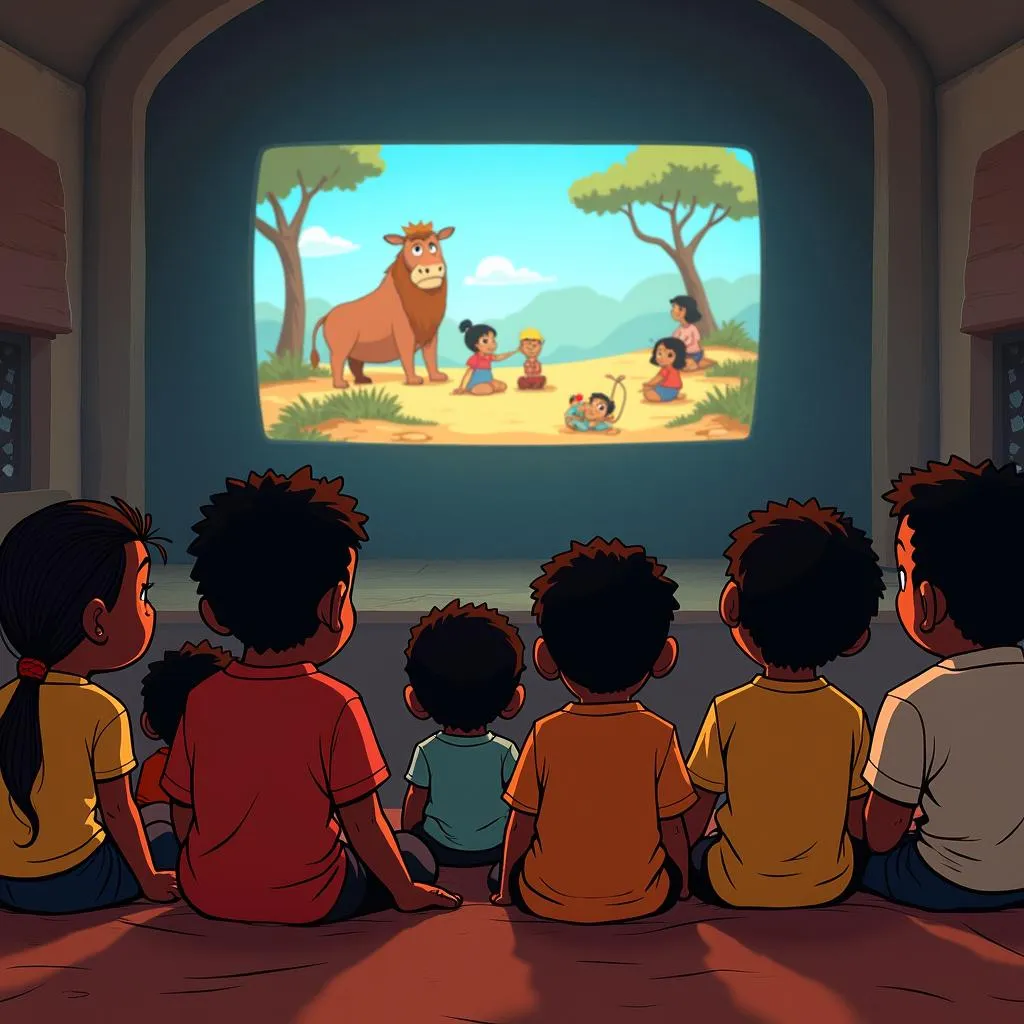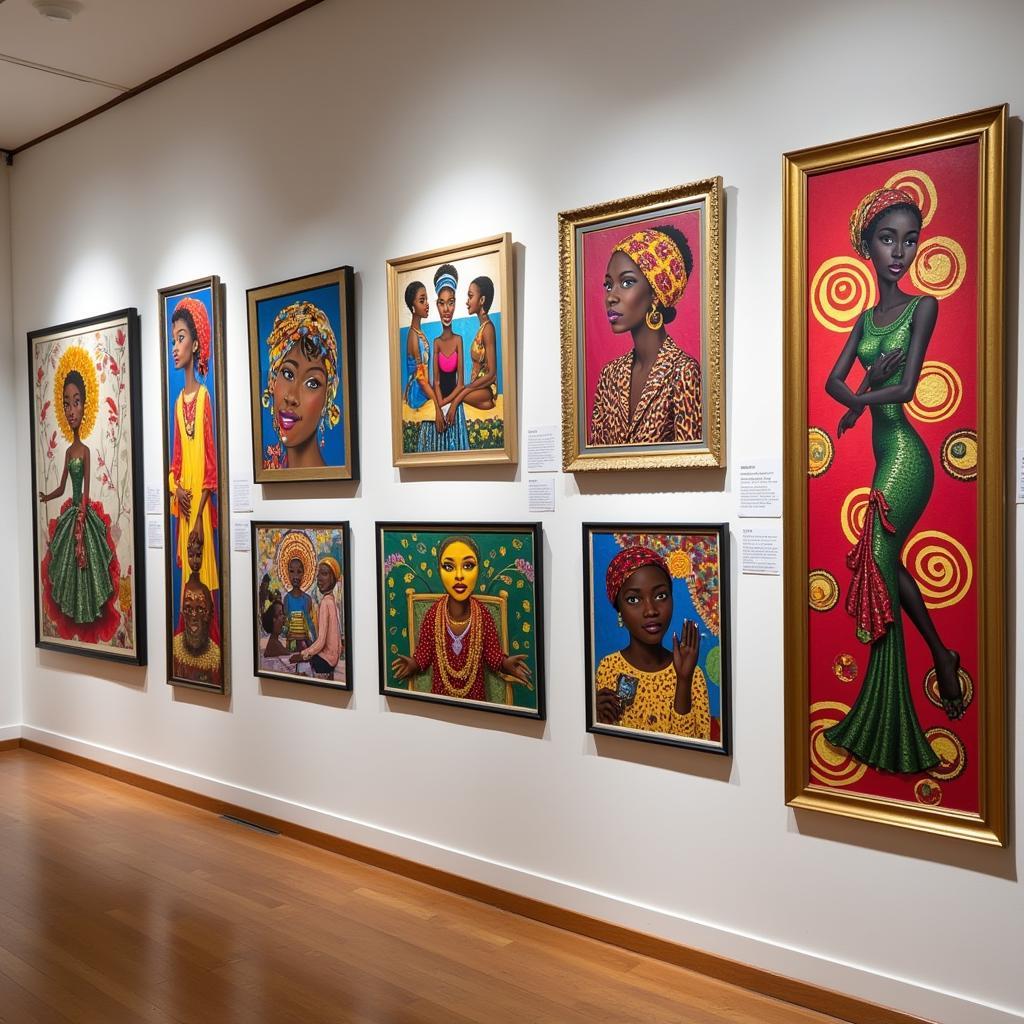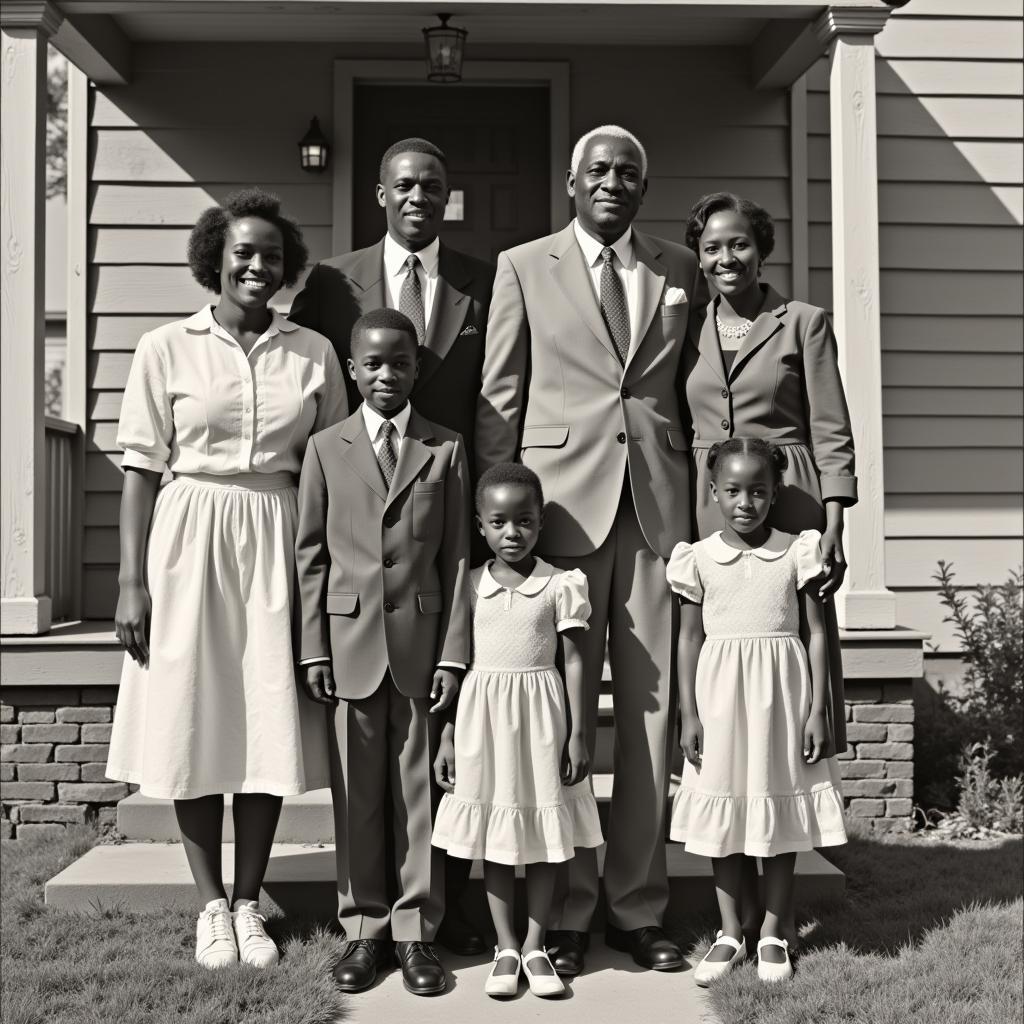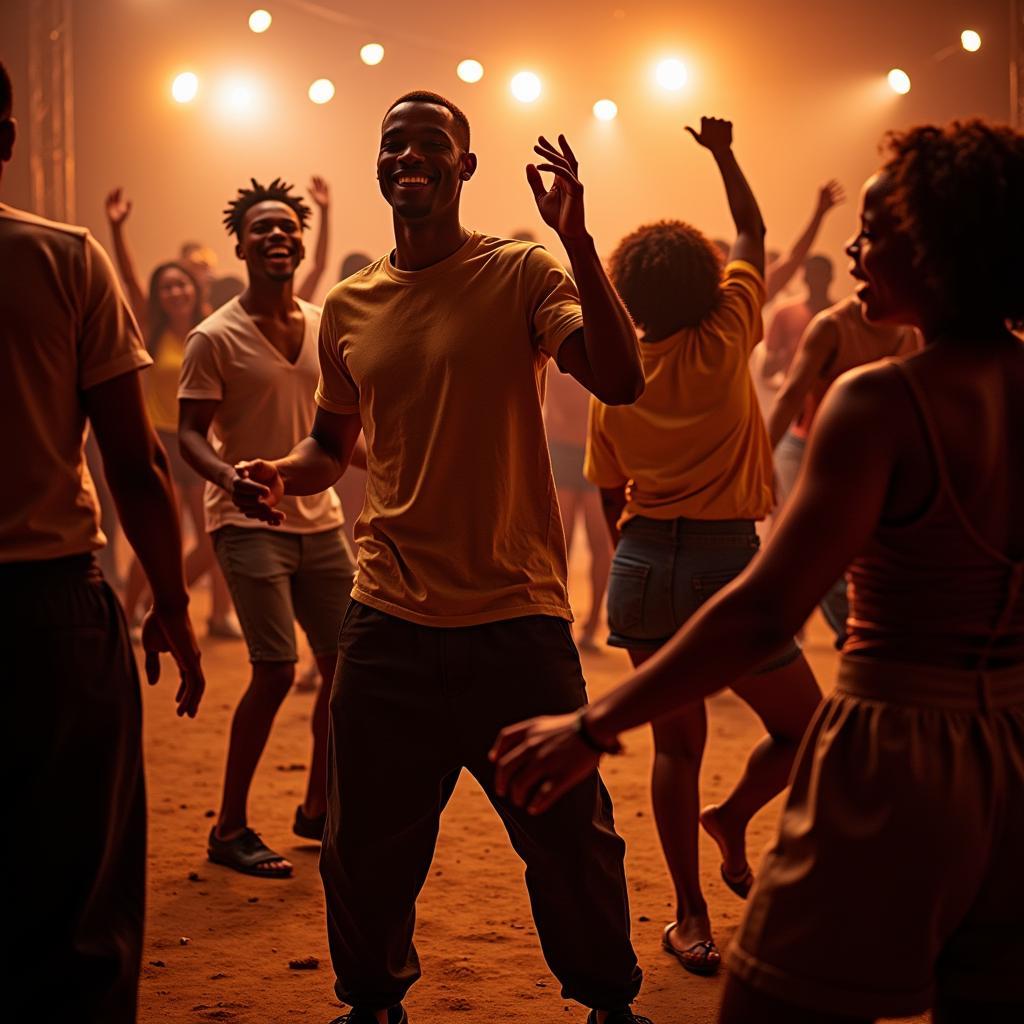African American Negro Spirituals and Slave Songs
African American Negro Spirituals And Slave Songs represent a powerful testament to the resilience and spirit of enslaved Africans in America. These songs, born out of suffering and hope, served as a source of comfort, communication, and resistance during a time of unimaginable hardship. They offer a poignant glimpse into the lives, beliefs, and aspirations of those who were forcibly displaced from their homeland and subjected to the brutal realities of slavery.
The Birth of a Musical Tradition: From Fields to Freedom
African American spirituals emerged in the 18th and 19th centuries on Southern plantations. Enslaved people, forbidden from speaking their native languages and practicing their traditional religions, found solace and expression in music. These songs became a vital part of their cultural identity, weaving together elements of African musical traditions with Christian hymns and folk melodies.
Themes of Hope and Resistance in Negro Spirituals
The lyrical content of spirituals often reflected the harsh realities of slave life while simultaneously expressing hope for freedom and a better future. Songs like “Swing Low, Sweet Chariot” and “Go Down Moses” used biblical metaphors to convey messages of escape and liberation. The chariot symbolized the pathway to freedom, while Moses, leading his people out of Egypt, became a powerful symbol of resistance and hope for deliverance.
The Role of Music in Coded Communication
Beyond their overt spiritual and emotional significance, Negro spirituals also served a crucial role in covert communication among enslaved people. Hidden meanings and coded messages were embedded within the lyrics, allowing them to share information about escape routes, planned uprisings, and other vital information without alerting their enslavers. This clandestine communication network played a crucial role in the fight for freedom.
The Evolution of Spirituals: From Plantation to Concert Hall
Following the Civil War and the abolition of slavery, Negro spirituals continued to evolve and gained broader recognition. Fisk University’s Jubilee Singers, formed in 1871, played a pivotal role in introducing spirituals to a wider audience, showcasing the beauty and power of this unique musical tradition through concert tours across the United States and Europe.
The Influence of Spirituals on American Music
Negro spirituals had a profound impact on the development of American music, influencing genres such as gospel, blues, and jazz. The call-and-response structure, rhythmic complexity, and emotional depth of spirituals can be heard in various forms of American music, showcasing the enduring legacy of this powerful musical tradition.
Preserving and Celebrating a Cultural Legacy
Today, African American Negro spirituals and slave songs remain a vital part of American cultural heritage. They continue to be performed and studied, ensuring that the stories and experiences of enslaved Africans are not forgotten. Numerous organizations and institutions are dedicated to preserving and celebrating this rich musical tradition, recognizing its importance in understanding the history and struggles of African Americans.
Conclusion: The Enduring Power of African American Music
African American Negro spirituals and slave songs offer a profound window into the resilience, faith, and creativity of enslaved people. These songs, born out of adversity, continue to inspire and resonate with audiences worldwide, serving as a powerful reminder of the struggle for freedom and the enduring power of music. By understanding the history and significance of these songs, we gain a deeper appreciation for the rich tapestry of African American culture and its enduring contributions to the world.
FAQ: Frequently Asked Questions about Negro Spirituals
- What is the difference between a spiritual and a gospel song? While both are rooted in the African American religious experience, spirituals generally originated during slavery, while gospel music emerged in the early 20th century and is often characterized by its more upbeat tempo and instrumentation.
- What are some of the most famous Negro spirituals? Some well-known examples include “Swing Low, Sweet Chariot,” “Go Down Moses,” “Amazing Grace,” and “Wade in the Water.”
- How did spirituals help enslaved people communicate? Coded messages and hidden meanings within the lyrics allowed enslaved people to share vital information without alerting their enslavers.
- What is the significance of the Fisk Jubilee Singers? They played a key role in introducing Negro spirituals to a wider audience after the Civil War.
- How have spirituals influenced other musical genres? Their influence can be heard in gospel, blues, jazz, and other forms of American music.
- Where can I learn more about Negro spirituals? Numerous resources are available online, in libraries, and through cultural institutions.
- Are Negro spirituals still performed today? Yes, they continue to be performed and celebrated as an important part of American musical heritage.
Other related articles you might find interesting on our website include “The History of Gospel Music,” “The Influence of African Music on American Culture,” and “The Underground Railroad and the Fight for Freedom.”
For assistance, please contact us: Phone: +255768904061, Email: [email protected], or visit us at Mbarali DC Mawindi, Kangaga, Tanzania. Our customer service team is available 24/7.



